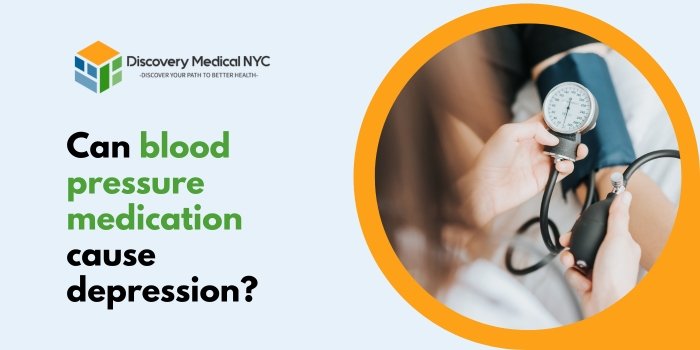Yes, certain blood pressure medications may contribute to symptoms of depression in some individuals, although the overall risk is considered low.
One group of medications most commonly associated with mood changes is beta-blockers, such as propranolol, atenolol, or metoprolol. These drugs work by reducing the workload on the heart and lowering blood pressure, but they can also affect the central nervous system. In some cases, this may lead to side effects like:
- Fatigue
- Low energy
- Mood swings
- Depressive symptoms
However, it’s important to note that newer research suggests the direct link between blood pressure medications and clinical depression is not strong for most people. Many individuals take these medications without any psychological side effects.
Why does this happen?
Some blood pressure medications can alter brain chemistry or interfere with the balance of neurotransmitters like serotonin and norepinephrine, which are involved in regulating mood. Others may indirectly contribute by causing fatigue, sleep disruption, or reduced physical energy — all of which can mimic or worsen depressive symptoms.
What should I do if I feel depressed after starting a blood pressure medication?
- Don’t stop the medication on your own. Abrupt changes can be dangerous.
- Track your symptoms. Keep a journal of how you feel daily — this helps your doctor evaluate any patterns.
- Talk to your doctor. A healthcare provider can assess whether your symptoms are medication-related or caused by another issue.
- Explore alternatives. There are many classes of blood pressure medications, and your doctor can recommend one that better suits your needs.
Final Thoughts
While some people may experience mood changes with certain blood pressure medications, depression is not a common or guaranteed side effect. Proper monitoring and communication with your healthcare provider can ensure both your mental health and blood pressure are managed effectively.

